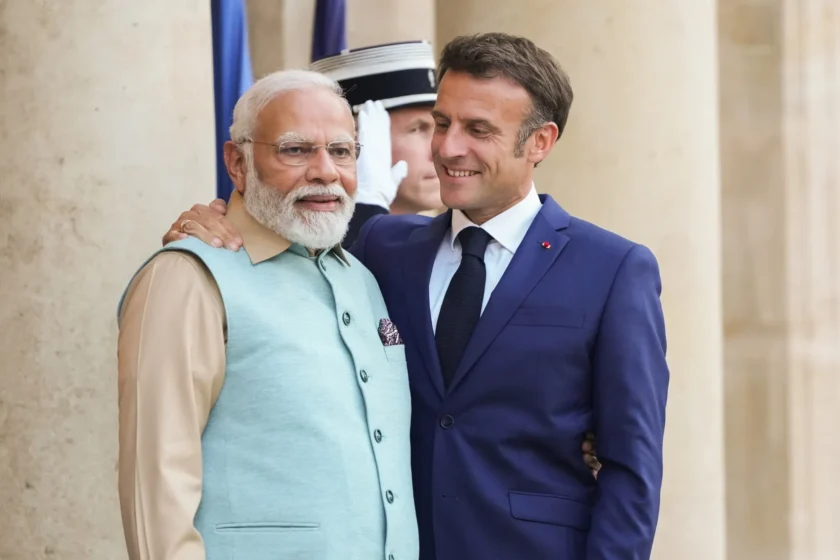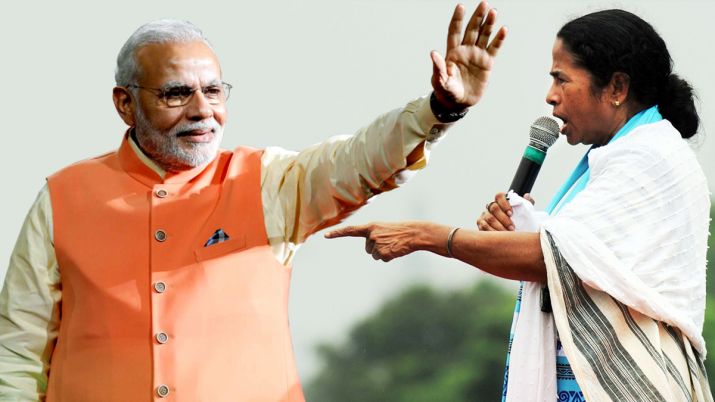New Delhi — In a decisive and unprecedented move, the Indian government has suspended the Indus Waters Treaty with Pakistan, following a deadly terror attack in Pahalgam, Jammu and Kashmir, that claimed the lives of at least 26 civilians, including tourists and locals. The decision was taken during an emergency meeting of the Cabinet Committee on Security (CCS) chaired by Prime Minister Narendra Modi.
The attack, which has sent shockwaves across the country and heightened tensions with Pakistan, marks a significant shift in India’s approach to regional security and diplomacy.
Key Announcements from the CCS Meeting
The high-level CCS meeting concluded with a string of bold decisions:
- Indus Waters Treaty Suspended: India will halt its obligations under the 1960 treaty until Pakistan “credibly and irrevocably” ends support for cross-border terrorism.
- Closure of Attari Checkpost: The Attari Integrated Checkpost has been sealed, effective immediately. Only individuals with valid endorsements will be allowed to return until May 1, 2025.
- SAARC Visa Exemption Scheme Revoked: Pakistani nationals can no longer travel under this regional visa agreement. Existing visas have been rendered void.
- Persona Non Grata Orders Issued: India has expelled all defence-related advisors in Pakistan’s High Commission in Delhi. They must leave within a week.
- Withdrawal of Indian Advisors: India will reciprocally withdraw its Defence, Navy, and Air advisors from Islamabad. The corresponding diplomatic posts stand annulled.
Official Statement: Security First
Addressing a packed press conference, Foreign Secretary Vikram Misri emphasized that the CCS had conducted a comprehensive review of the national security landscape.
“All perpetrators of the Pahalgam attack will be brought to justice. Their sponsors will face the consequences. No terror infrastructure will be allowed to survive in our neighborhood,” said Misri.
He added that Indian security forces had been instructed to remain on “maximum alert.”
Pahalgam Attack: The Catalyst
The terror attack in Pahalgam has struck at the heart of India’s tourism and stability narrative in Jammu and Kashmir. The attackers specifically targeted a group of vacationers and locals near a popular riverfront area, drawing intense criticism and anger nationwide.
Prime Minister Modi cut short his diplomatic visit to Saudi Arabia and returned immediately to oversee the situation, reflecting the gravity of the incident.
Indo-Pak Ties on the Brink
The aftermath of the Pahalgam attack has pushed India-Pakistan relations to a new low. The diplomatic fallout is intensifying, especially after Pakistan’s Army Chief General Asim Munir reiterated his controversial statement calling Kashmir Pakistan’s “jugular vein”—a comment viewed in India as incendiary and indicative of state-sponsored complicity.
India’s latest move to suspend the Indus Waters Treaty, a longstanding and internationally monitored agreement, underscores its intent to apply pressure beyond mere diplomacy.

Trade and Mobility Hit Hard
Experts suggest the suspension of the treaty and closure of land links will further deteriorate already minimal bilateral trade. Informal trade and humanitarian exchanges are also expected to suffer.
“This attack was designed to embarrass the Indian government at a time when Delhi’s global profile shines brightly,” observed the Lowy Institute, an Australian think tank.
Dr. Happymon Jacob, security analyst at JNU, while not directly referring to this incident, noted:
“Pakistan’s policy on terrorism remains duplicitous.”
Possible Scenarios Ahead
Analysts warn of multiple outcomes in the days ahead:
- Escalation: Military confrontation cannot be ruled out.
- Diplomatic Channels: Backchannel diplomacy and third-party interventions might attempt to ease tensions.
- Economic Fallout: Tourism in Kashmir is expected to take a hit, and bilateral trade could drop further.
Global Reactions and the American Angle
The global community has condemned the Pahalgam massacre. The fact that the US Vice President’s family was vacationing in India at the time has brought international scrutiny to the region. The timing—just a day after the Vice President met with PM Modi—has amplified diplomatic tremors.
A Defining Moment
With this bold policy pivot, India is signaling a zero-tolerance approach toward terror, particularly emanating from across the border. The suspension of the Indus Waters Treaty may well be seen in history as a watershed moment, marking the beginning of a new, more assertive Indian foreign policy doctrine.
As the nation mourns the Pahalgam victims, the government’s posture suggests that both justice and strategic deterrence will be pursued with equal resolve.









